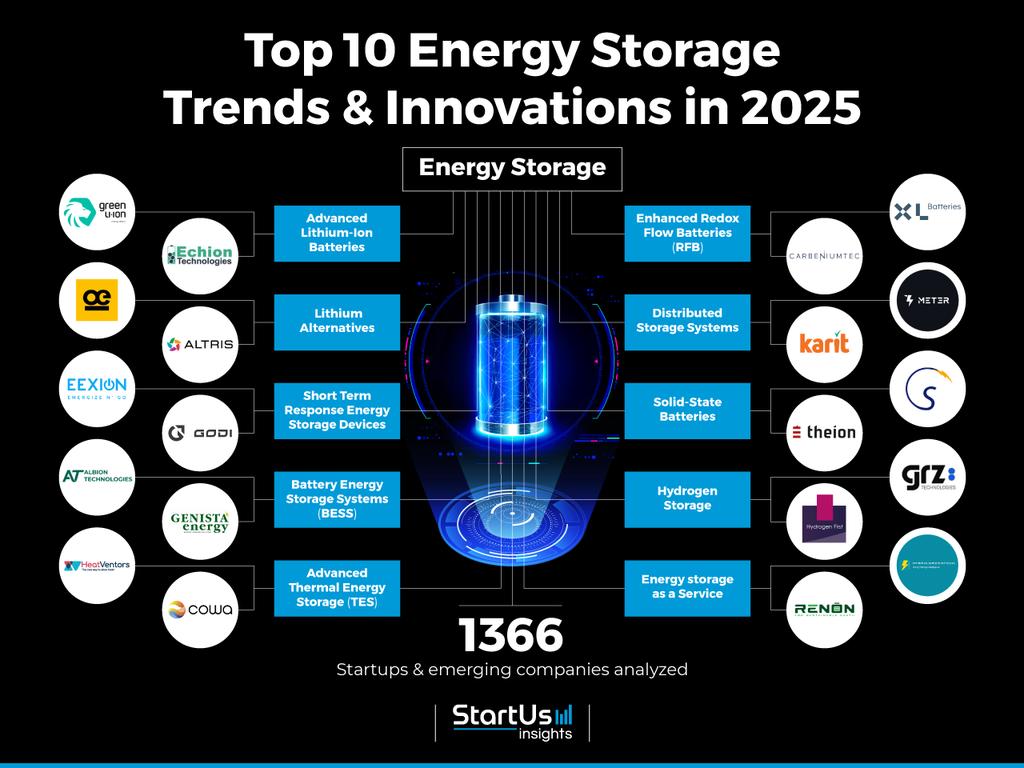In an era where energy efficiency and sustainability are paramount, a groundbreaking study published in ‘IEEE Access’ sheds light on innovative strategies for optimizing shared energy storage systems. Led by Haifeng Li from the State Grid Jiangsu Electric Power Company Ltd. in Nanjing, this research addresses the challenges posed by integrating diverse electric heating flexibility resources into community energy systems. With traditional energy storage solutions often falling short due to high costs, Li’s work offers a fresh perspective that could reshape the energy landscape.
The study focuses on a co-generation type shared energy storage system, which utilizes high-temperature solid heat storage, waste heat boilers, and steam turbines. This combination not only enhances efficiency but also promotes a low-carbon economic operation. “By leveraging advanced technologies like deep reinforcement learning and P2P network game theory, we can create a more resilient and economically viable energy management framework,” Li states. This approach is particularly timely as the demand for renewable energy sources continues to rise, necessitating innovative solutions that can seamlessly integrate into existing infrastructure.
At the heart of this research is a novel double-layer network market model. This model facilitates P2P energy trading among renewable energy stations and community users, effectively optimizing pricing strategies and load distribution. The outer layer employs reinforcement learning to refine pricing strategies between energy service providers (ESPs) and electricity building suppliers (EBPs), while the inner layer focuses on the P2P trading strategies within the EBPs alliance using Nash bargaining models. This iterative optimization process is key to maximizing system revenue while minimizing carbon emissions.
The implications of this research extend far beyond theoretical frameworks. Li’s case study demonstrates that the proposed energy management method significantly enhances the scheduling of electric heating, leading to both economic benefits and a reduction in environmental impact. “Our findings indicate that effective energy management can not only drive profitability but also contribute to a sustainable future,” he adds.
As the energy sector increasingly pivots towards decentralized and collaborative models, this research could serve as a blueprint for future developments. The integration of advanced technologies and cooperative strategies may pave the way for more efficient energy systems that are adaptable to the unique needs of communities. This could ultimately lead to a more sustainable energy future, where both economic and environmental goals are achieved.
For those interested in exploring this innovative research further, you can find more details from State Grid Jiangsu Electric Power Company Ltd. in the publication ‘IEEE Access’.




